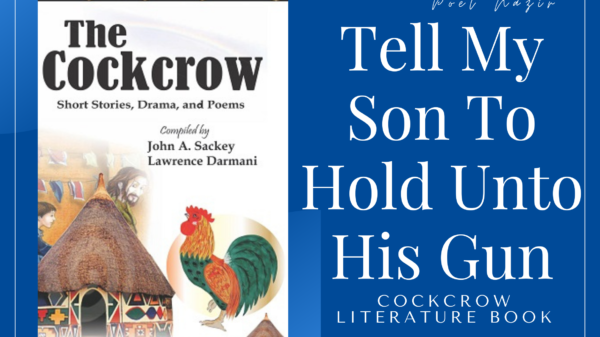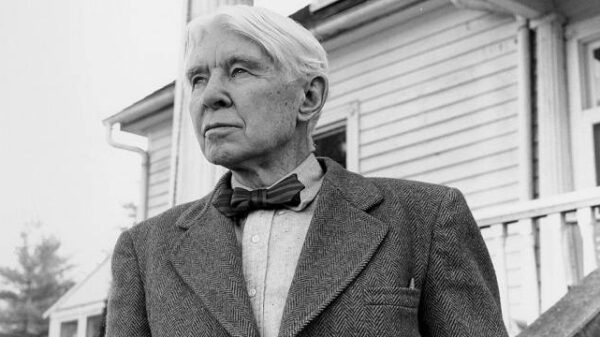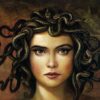Sonnet 18: Shall I Compare Thee To A Summer’s Day
Written By William Shakespeare
Shall I Compare Thee To A Summer’s Day was a sonnet published in the year 1609. The sonnet introduces the poem with the question “Shall I Compare Thee To A Summer’s Day?”. The writer walks on and mention some negative part of the summer and admit that his beloved it better. The writer stated explicitly in the last part of the poem that the beauty of his beloved will be we wash away as he will make it last forever though the words from his poetic piece will make everyone remind of him; he said “so long as men can breathe or eyes can see”. This poem is arguably the most famous poem by the writer.
Poem
Shall I compare thee to a summer’s day?
Thou art more lovely and more temperate:
Rough winds do shake the darling buds of May,
And summer’s lease hath all too short a date;
Sometime too hot the eye of heaven shines,
And often is his gold complexion dimm’d;
And every fair from fair sometime declines,
By chance or nature’s changing course untrimm’d;
But thy eternal summer shall not fade,
Nor lose possession of that fair thou ow’st;
Nor shall death brag thou wander’st in his shade,
When in eternal lines to time thou grow’st:
So long as men can breathe or eyes can see,
So long lives this, and this gives life to thee.
Poet Nazir is a writer and an editor here on ThePoetsHub. Outside this space, he works as a poet, screenwriter, author, relationship adviser and a reader. He is also the founder & lead director of PNSP Studios, a film production firm.










